The biblical heartland of Judea and Samaria, what the world likes to call the “West Bank,” is where most of the events in Scripture occur. The area is central to the story, and to the fulfillment of prophecy. It is also central to Israel’s security.
US Ambassador to Israel Mike Huckabee recently visited Samaria, where regional council head Yossi Dagan presented him with a mezuzah crafted from the stones of Joshua’s Altar on Mount Ebal.
“Then Joshua built on Mount Ebal an altar to the LORD, the God of Israel, as Moses the servant of the LORD had commanded the Israelites. He built it according to what is written in the Book of the Law of Moses—an altar of uncut stones, on which no iron tool had been used.” (Joshua 8:30-35)
Deeply touched by the gesture, Huckabee vowed to hang the mezuzah on the door to his office as “a reminder that there are people praying for the peace of Jerusalem… and Judea and Samaria.” Huckabee, a former Baptist preacher, is a strong advocate of Jewish sovereignty in Judea and Samaria, first and foremost as an important part of Israel’s prophesied restoration.
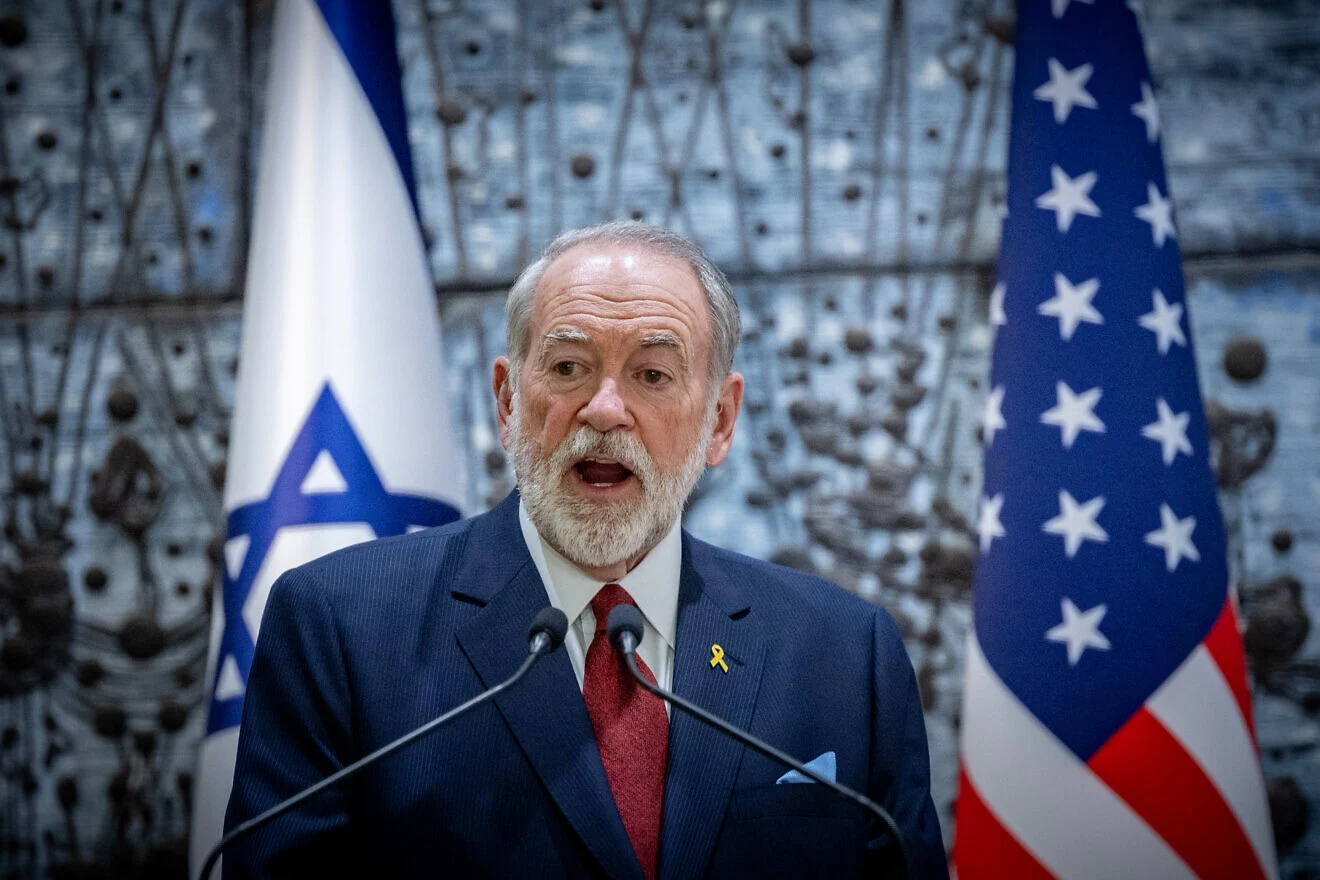
God is no fool, and His Word highlights these lands as important to Israel’s future for good reason. Israel by contrast has behaved foolishly in recent decades by toying with the notion that it could safely surrender these lands in return for a faulty peace agreement.
Retired US Delta Force commander Lt. Gen. William Boykin, a respected military expert, begged to differ when he toured Samaria earlier this month. “If we don’t create a situation where we have sovereignty here, we’re going to see another Oct. 7th,” he stated, pointing to the Jewish communities’ role as a “security belt” protecting millions in Israel’s urban centers.
Israel’s Left is belatedly waking up to the fact that abandoning Jewish “settlements” is a recipe for disaster. In 2005, left-wing political leaders derided right-wing voices for opposing the Gaza Disengagement and insisting that Israel maintain a Jewish presence in the coastal strip at any cost. American guarantees would ensure Gaza didn’t become a terror haven, they argued.
Today they are singing a different tune, one that echoes Boykin’s assessment of the critical importance of Jewish settlement.
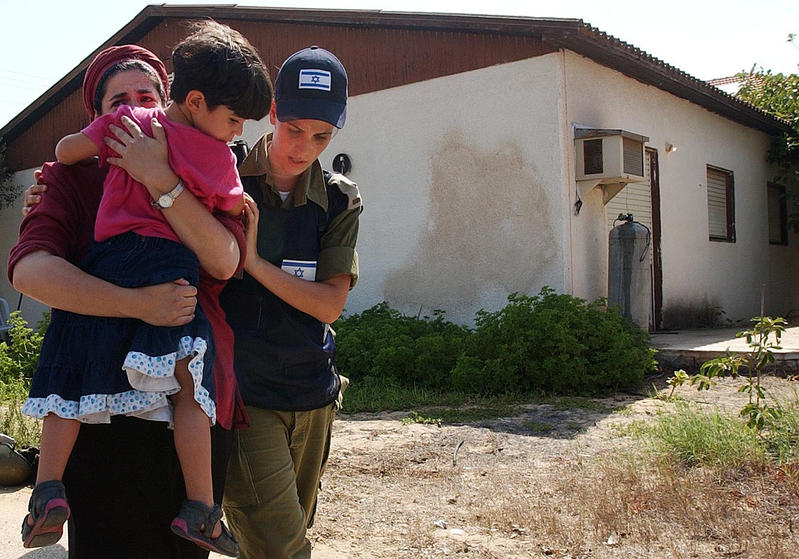
“It is clear to me now that the disengagement was a mistake. Not the desire to separate from two million Palestinians—that was logical—but the act itself, which, due to the Palestinian Authority’s weakness, led to a Hamas takeover in Gaza,” said President Isaac Herzog late last month in an media interview ahead of Independence Day.
In 2005, Herzog was a Labor Party lawmaker serving as Minister of Housing in the government of Ariel Sharon. At the time, he penned an article in foreign media calling the removal of Jewish communities from Gaza “the best hope for lasting peace.”
Earlier this week, Herzog told the Makor Rishon Settlement Conference that Israeli communities in Judea and Samaria serve as the Jewish state’s “defensive wall in every sense of the word.”
“During my many visits across the country—and certainly in Judea and Samaria—and especially when I fly over the land by helicopter, I become increasingly convinced of how vital, impressive and thriving the settlement enterprise is,” Herzog said in a pre-recorded statement.
Opposition leader Benny Gantz also addressed the Makor Rishon Settlement Conference, and agreed with Herzog that the 2005 Gaza withdrawal had been a “strategic error.”
Gantz said Israel must agree to no more territorial withdrawals, and called present talk of an independent Palestinian state “detached from reality.”
Want more news from Israel?
Click Here to sign up for our FREE daily email updates


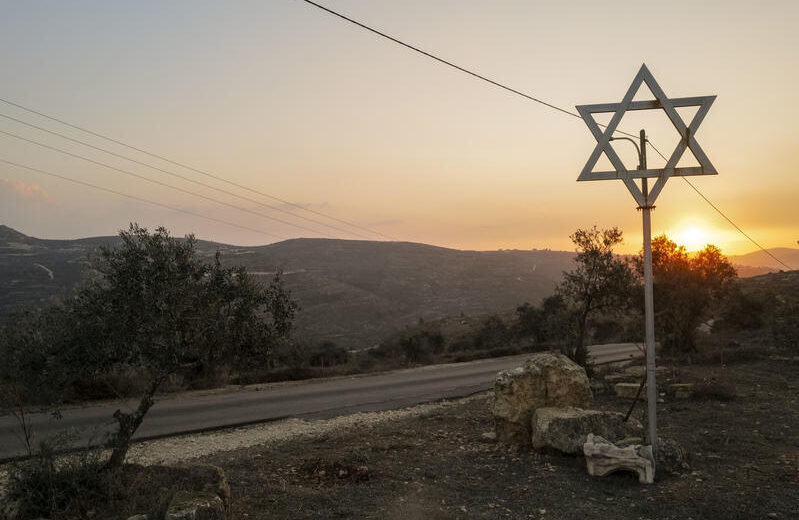


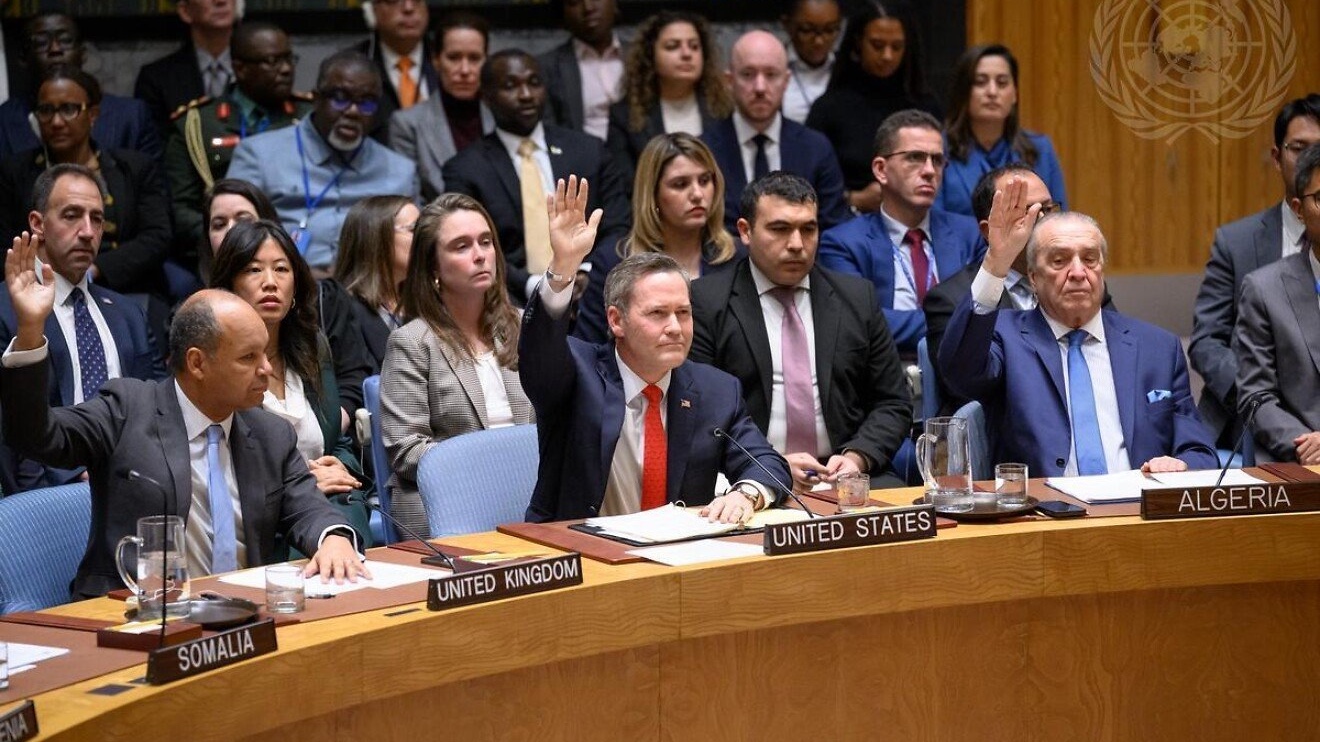
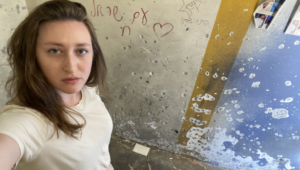




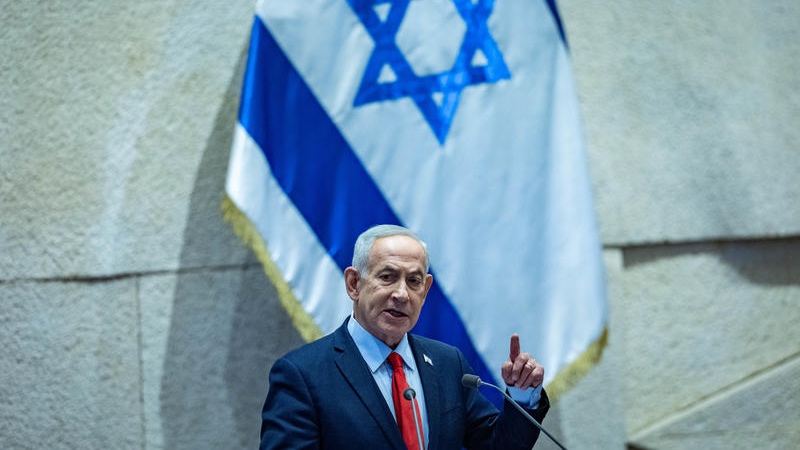



The horse has already bolted and it will take strong leadership to make a turnaround.